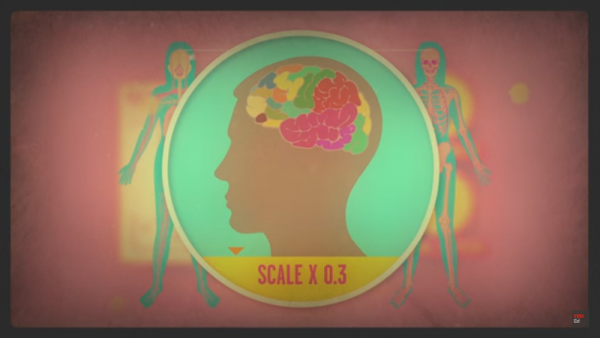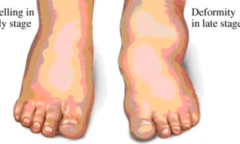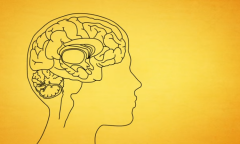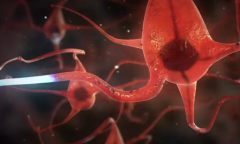By KM Diaz, | March 07, 2017

The first treatment trial of Alzheimer's disease was not successful. Last week, the second treatment trial also failed because it does not produce any positive effect in patients' body. Researchers are now said to be in crisis due to lack of progress in e
The first treatment trial of Alzheimer's disease was not successful. Last week, the second treatment trial also failed because it does not produce any positive effect in patients' body. Researchers are now said to be in crisis due to lack of progress in every trial.
Just last week, the scientists from Merck declared that the second and late-stage trial for Alzheimer's disease drug comes to an end. The verubecestat, once promised a therapy does not give any positive result in the trial.
Like Us on Facebook
The first trial in November was also canceled. The solanezumab; from US pharma giant Eli Lilly, an injectable therapy that hopes to give improvement for Alzheimer's treatment but failed.
Verubecestat is a type of drug that belongs BACE inhibitors; it involves with Beta-secretase 1 or BACE1 production. Solanezumab, on the other hand, is a monoclonal antibody that clears the amyloid. These two were known to affects the sticky clumps of plaque in the brain of patients with Alzheimer's disease due to amyloid build-up.
Head of Research at Alzheimer's Research UK, Dr. Rosa Sancho pointed out that before the signs and symptoms of dementia appeared, the amyloid plaque was already present in patient's brain. Verubecestat may be useful. However, treatment should start earlier, so that, people will benefit more. AZD3293 is another on-going drug trial that is due in May 2019 with the collaboration of two pharmaceutical companies; Eli Lilly and AstraZeneca.
But do the two failure trial means that treatment and research for Alzheimer's disease reached its crisis point? According to Dr. Emer MacSweeney, CEO and Medical Director at Re:Cognition Health, and a consultant neuroradiologist, there are more funding, energy, and time in developing the drug for Alzheimer's disease that before. Therefore, Alzheimer's disease research is not in crisis.
-
Use of Coronavirus Pandemic Drones Raises Privacy Concerns: Drones Spread Fear, Local Officials Say

-
Coronavirus Hampers The Delivery Of Lockheed Martin F-35 Stealth Fighters For 2020

-
Instagram Speeds Up Plans to Add Account Memorialization Feature Due to COVID-19 Deaths

-
NASA: Perseverance Plans to Bring 'Mars Rock' to Earth in 2031

-
600 Dead And 3,000 In The Hospital as Iranians Believed Drinking High-Concentrations of Alcohol Can Cure The Coronavirus

-
600 Dead And 3,000 In The Hospital as Iranians Believed Drinking High-Concentrations of Alcohol Can Cure The Coronavirus

-
COVID-19: Doctors, Nurses Use Virtual Reality to Learn New Skills in Treating Coronavirus Patients











